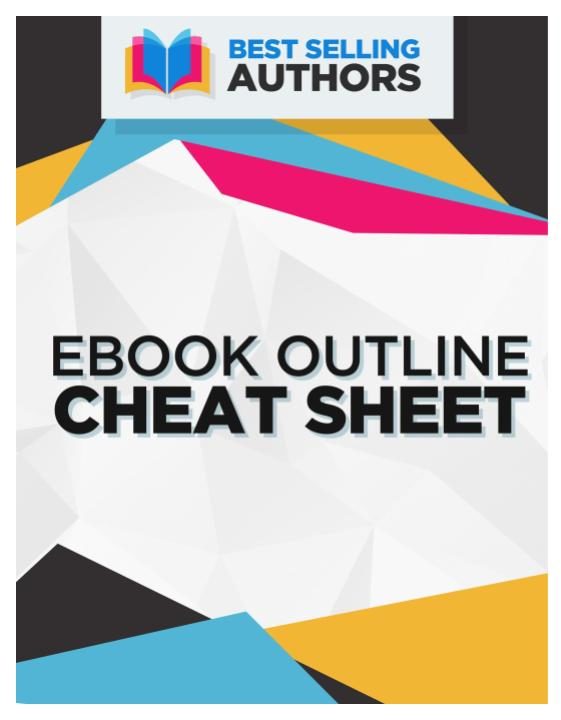Copyrighting your intellectual property is important to safekeeping your rights to sell and profit from what you have created. Understanding what copyright is and when you need to copyright your work is essential to your intellectual property rights.
- What is Copyright?
Copyright is intellectual property protection guarded under the laws of the United States. It is intellectual property protection that is available for original works of authorship in a tangible form, published or unpublished.
- What is a Tangible Form?
Copyright is only for those things that are in a tangible form, something that you can hold, see, hear or use. The categories of tangible forms include:
- Literary works such as books
- Music
- Paintings
- Live performances such as a dance company performance
- Photographs
- Software
- Movies
- What is Not a Tangible Form?
Copyright protects expressions of ideas but not ideas. Ideas are not in tangible form. It is only once ideas are in a tangible form such as a book or music that they can be copyrighted. The intangible things that cannot be copyrighted until put in a tangible form are:
- Concepts (ideas that are not put in tangible form)
- Systems, procedures, processes, methods of operation (how to do something)
- Plots
- Discoveries
- Principles
For example, a concept or plot about a person abandoned on an island is not eligible for copyright. However, the Island of the Blue Dolphins by Scott O’Dell is an original creation and copyrighted fiction book using a concept or a plot to write a unique work.
- When Tangible Forms Aren’t Tangible
Not everything tangible is eligible for copyright protection. Tangible items are ineligible for copyright if the items do not have original content added. Some ineligible items are:
- Individual Words
- Phrases
- Slogans
- Blank forms
- Phone listings
- Standard calendars
An exception to this ineligibility is businesses that gather phone listings, but present the listings in an original publication as long as the businesses make efforts to gather the information independently.
- What are Other Forms of Intellectual Property?
Copyright is one type of intellectual property protection. There are several other forms such as patents that cover utility, design, and plant. Trademarks are words, phrases, or designs specific to a business such as the Starbucks mermaid. Like patents, trademarks have different regulations than copyright law.
- Trade Secrets
Trade secrets are not eligible for copyright. This type of intellectual property can be formulas, processes, devices, or other business information that companies want to keep secret from rival companies with the use of nondisclosure agreements.
- Works for Hire
A writer or other creative person who agrees to work for hire does not own the copyright for work they do for someone else. The creator gives up copyright to the intellectual property to the person or business that hired to make the created work.
- When Should You Copyright Your Intellectual Property?
You should copyright the intellectual property you own after you create the work.
- How Do You Copyright Your Intellectual Property?
You can copyright your intellectual property by registering the copyright with the United States Copyright Office. You register the copyright by filling an application form and paying the copyright fee.
- How Long Can You Claim the Copyright?
The term of copyright depends on when the work was created. For works created after January 1, 1978, copyright protection lasts for the life of the author plus an added 70 years. For anonymous works, pseudonymous works, or a work made for hire (owned by the person who hires, not the creator) copyright lasts for 95 years from the year the creator first publishes the work or 120 years from the year a person creates a work, whichever expires first. If a work is published before 1978, the length of the copyright will vary.
- Sources
“Four Types of Intellectual Property Protection – Free Legal Resource.” UpCounsel, www.upcounsel.com/intellectual-property-protection.
“U.S. Copyright Office.” Copyright, www.copyright.gov/.
US Legal, Inc. “What Is Not Copyrightable.” Copyright, copyright.uslegal.com/copyrightable-works/what-is-not-copyrightable/.


